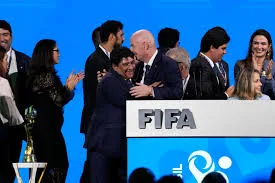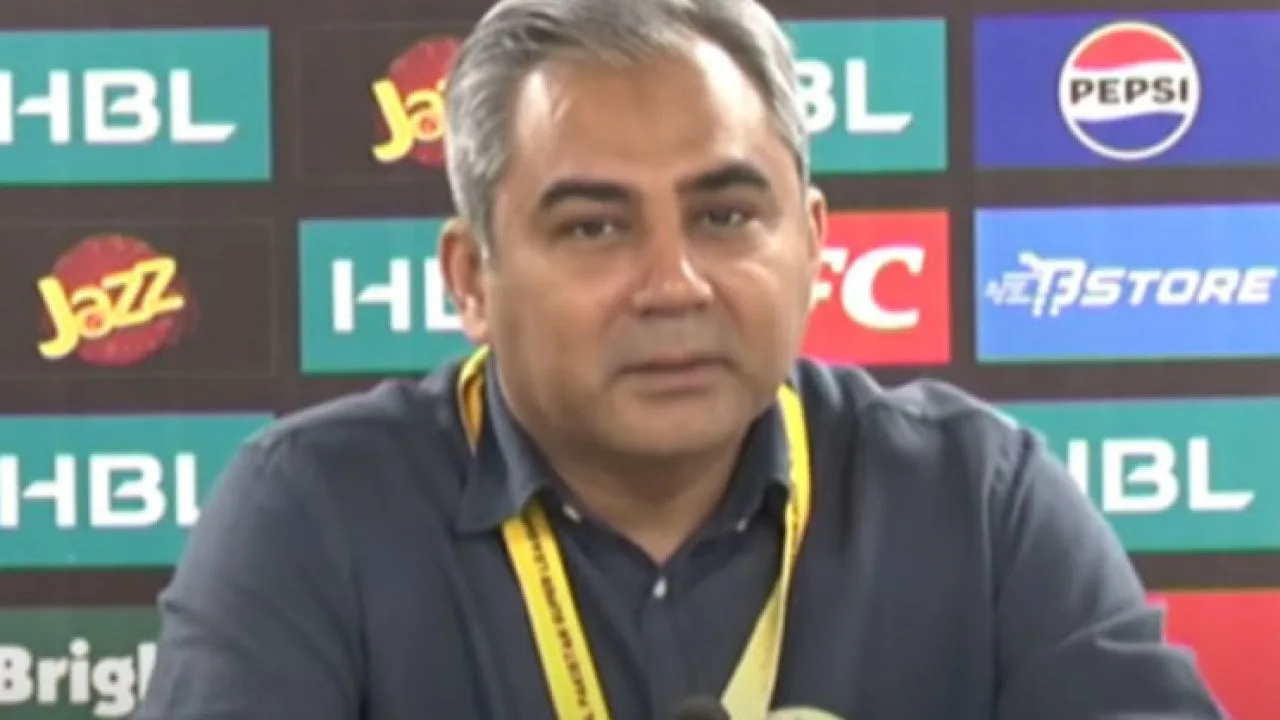During the FIFA congress on Friday, Brazil was selected to host the 2027 Women’s World Cup, marking the first time the tournament will be held in South America. This decision comes after the success of the 2023 edition hosted by Australia and New Zealand, which generated a record $570 million in commercial revenue.
The vote, held in Bangkok, saw Brazil securing the hosting rights with 119 votes against 78 for a joint bid from Belgium, the Netherlands, and Germany. The Brazilian bid, buoyed by its rich football heritage and the promise of leveraging existing infrastructure from the men’s World Cup in 2014, received praise from FIFA inspectors for its potential impact on women’s football in the region.
Brazil’s bid proposes to utilize 10 stadiums, including the iconic Maracana in Rio de Janeiro for the opening match and final. However, concerns remain about the condition of certain venues, such as the Amazonia stadium in Manaus, which has seen limited use in the past decade.
Despite Brazil’s strong football legacy, its women’s team has never won the World Cup, highlighting the anticipation surrounding the tournament’s arrival in the country.
The congress, which convened in Thailand for the first time, also addressed pressing global issues, including the financial disparities between men’s and women’s football. While the prize money for the Women’s World Cup has increased, it still lags far behind the rewards offered in the men’s tournament.
Additionally, the Palestinian Football Association called for the suspension of Israel from FIFA and a ban on Israeli teams from participating in FIFA events, citing alleged violations of FIFA rules and ongoing conflict in Palestine. FIFA President Gianni Infantino pledged to seek legal advice on the matter and decide on potential actions by July 20.
Amidst debates on governance and reform, the congress approved changes to FIFA statutes, including the removal of the rule mandating the organization’s headquarters in Zurich. The expansion of committees to address various aspects of football, such as women’s football and the fight against racism, received mixed reactions, with some critics expressing concerns about the potential for patronage systems to resurface.



